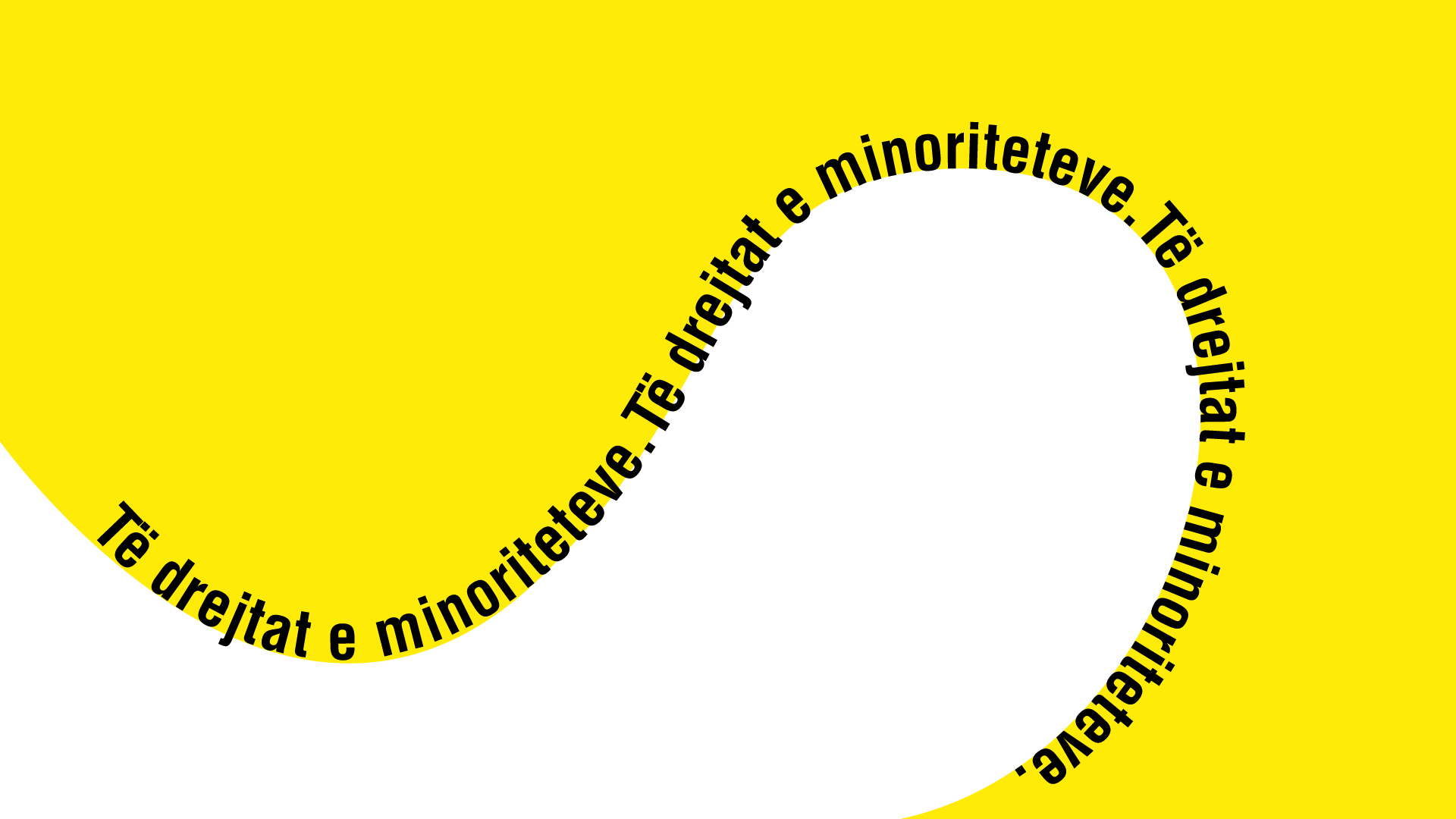
Laws alone are not enough
The reality of minorities in Kosovo is different from the laws.
If we want to create a society with genuine democratic values, we must first create an environment where all citizens of the Republic of Kosovo are treated with dignity.
Leonita Morina
Leonita Morina studied Public Policy and Governance as her first focus and Management, International Relations as her second field of focus at the American University in Kosovo. Leonita was part of the internship program within the project “Innovation for Resilient Media and Citizen Engagement” funded by the European Union Office in Kosovo and implemented by K2.0 and the GAP Institute.
This story was originally written in Albanian.